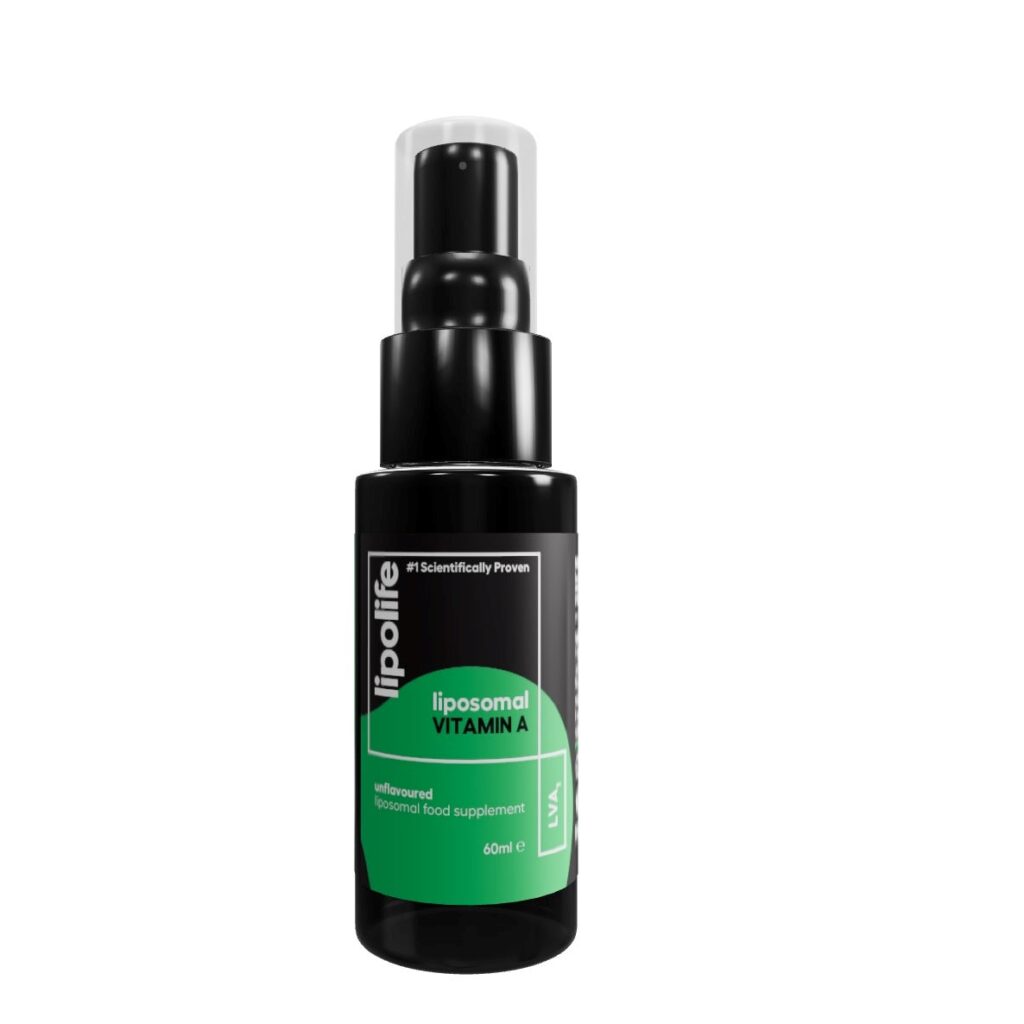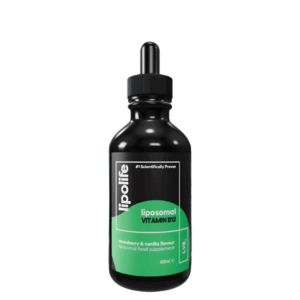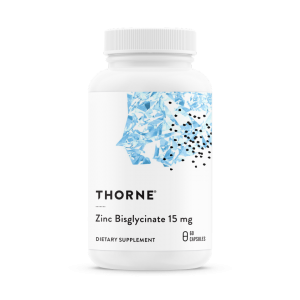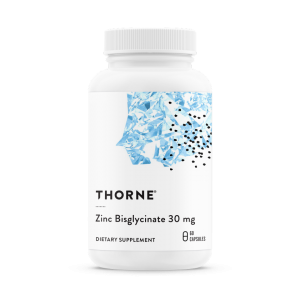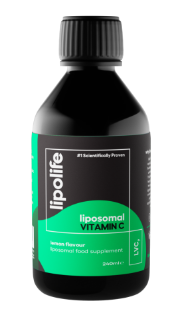This highly bioavailable Vitamin A liposomal spray supports a range of vital functions in the body. It aids in maintaining healthy vision, especially in low-light conditions, boosts immune function by supporting skin and mucous membranes and promotes the growth and differentiation of cells. Vitamin A also contributes to skin health by regulating cell turnover and sebum production, supports bone health through proper bone growth and remodeling and provides antioxidant activity to neutralize free radicals, protecting cells from damage
Certificates: Kosher certified
Made in: UK
Pack size: 60 ml
Servings per container: 60
Serving size: 5 sprays (1ml)
Gender: Men, Women
Primary Ingredients
Vitamin A
Other ingredients
Ultra-Pure Water, Phospholipids (Non-GMO Sunflower, Lipoid), Vitamin A (as Retinol Palmitate), Glycerol, Ethanol, D-alpha-tocopherol (anti-oxidant), Tocofersolan (anti-oxidant), Potassium sorbate (preservative), Citric Acid (acidity regulator)
| Ingredients | Per Serving | % RI* |
|---|---|---|
| Vitamin A | 1500mcg | 188% |
| * Reference Intake | ||
- What does vitamin A do for the body? Vitamin A is crucial for multiple functions in the body. Vitamin A is play important role in maintaining healthy vision. It is a component of rhodopsin, a protein in the eyes that helps with low-light vision and the ability to see in dim light
- Which food is rich in vitamin A? It's important to consume adequate amounts of Vitamin A through your diet to support essential bodily functions. Good food sources of Vitamin A include liver, fish oil, eggs, dairy products and brightly coloured fruits and vegetables like carrots, sweet potatoes, spinach and mangoes
- What happens when you lack vitamin A? Vitamin A deficiency can have significant consequences for overall health. One notable effect is night blindness, as Vitamin A is essential for the production of rhodopsin, a pigment crucial for low-light vision. Severe deficiency can lead to xerophthalmia, a condition characterised by dryness of the eyes and, in extreme cases, blindness. Additionally, inadequate Vitamin A intake weakens the body's immune defenses, making individuals more susceptible to infections, particularly respiratory and gastrointestinal illnesses. Growth and development can also be impacted, with children experiencing stunted growth and delayed tissue and organ development. Skin problems such as dryness and increased susceptibility to infections can arise. Furthermore, Vitamin A deficiency can impair bone health, increasing the risk of fractures. Maintaining adequate Vitamin A intake through a balanced diet is crucial for preventing these adverse effects on health
Tastes best chilled. Shake before use, take 5 sprays per day or as professionally directed
Artificial sugar free, Gluten Free, Non-GMO, Soy Free
Store in a cool, dark place, refrigerate after opening. Once opened, best consumed within 3 months
DisclaimerDo not exceed the recommended daily intake. Food supplements should not be used as a substitute for a varied diet or a healthy lifestyle.n Do not take if you are pregnant or likely to become pregnant except on the advice of a doctor or antenatal clinin.
NoteKeep out of reach of children
Free UK Standard delivery on orders £45+
Standard delivery is £4.40 for orders under £45
Express delivery is £5.49 for orders under £45
Read More
Standard (by DPD, pre-cleared, no additional charges) prices start from £6.
Express (by DPD, pre-cleared, no additional charges) prices start from £17.49.
Standard (by regular post, estimated 4 – 21 working days) prices start from £8
Courier (by road, estimated 3 – 7 working days) prices start from £15
Express (by air, estimated 1 – 5 working days) prices start from £20.49
Nature's Fix operate a no quibble 14 day return policy*
Additionally, the CCR give you the right to change your mind and cancel an order within 14 calendar days for any reason.
*Nature’s Fix accepts returns of products returned in perfect re-saleable condition i.e. in original, undamaged packaging, not used, with protective seal in place.
If you do decide to cancel your order or you wish to return an item, then you must put this in writing. The most efficient method would be to email help@naturesfix.co.uk with your order number and “return request” in the subject of the email. You should then await authorisation and further instructions.
Read More




